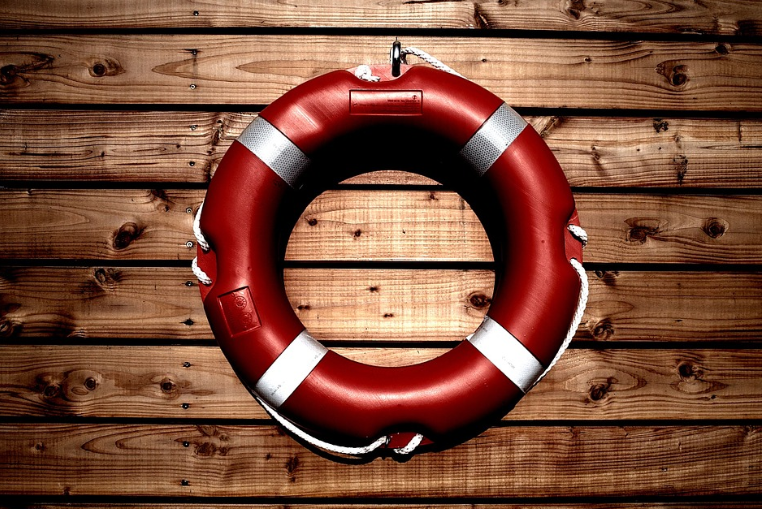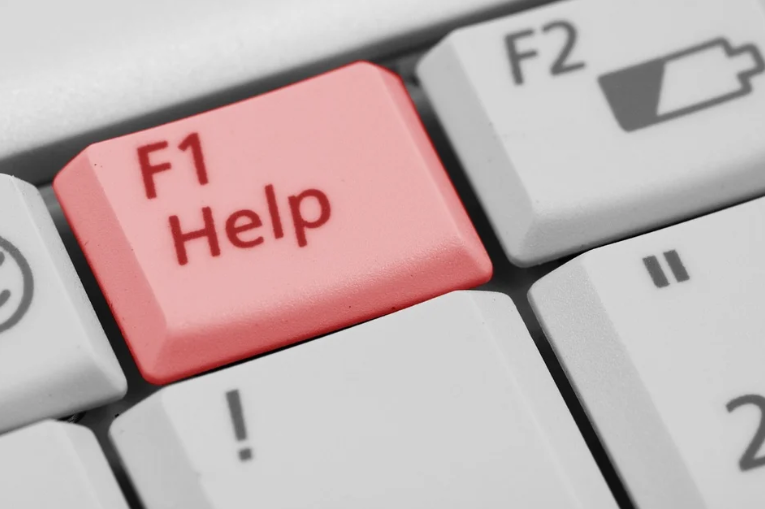It's Okay to Ask for Help When You're Feeling Anxious or Low
When you're feeling anxious, stressed, or low (or a combination of the three), it can be difficult to ask for help.
You might worry that people won't understand how you're feeling. You could be hesitant to reach out in case people think you're a burden. And you might be too proud to ask for help, as you might be afraid others will think you are weak if you share what you are feeling.
However, despite your hesitations, it is important to know that talking is good for your mental health. We aren't talking about expensive talk therapies either, as there are other people you can turn to for help.
When you share how you're feeling with somebody else, you will:
- Feel less lonely and isolated
- Find mental relief through sharing your problems
- Receive moral and practical support
- Reduce the stigma of mental health and give others the incentive to speak up too
- Gain perspective on your troubles as you begin to talk about them
If you don't talk with others about how you are feeling, you might see a deterioration in your mental health. You might experience more stress and anxiety if you aren't able to get help for the issues you are facing, and if you're feeling low, you might only start to experience greater degrees of depression if you don't seek help for your mental health issue.
So, remember that it is okay to ask for help when you're feeling anxious or low. It's okay to ask for help if you are struggling in any other way mentally too. You will then gain some relief and you will be less prone to those lifestyle habits - comfort eating, smoking, drinking alcohol - that could make your situation worse.
But where do you start? And who do you talk to? Well, here are some suggestions that we hope you find useful.
Reach Out For Help To The People You Know And Trust

When looking for help, there could be people you already know. From the people you live with to those other people within your social circles, you might find that listening and practical support you need from your personal network.
Be selective
When asking for help, you shouldn't turn to people you can't trust. After all, you don't want them to reveal your personal issues to others. You don't want them to make you feel worse by saying something that isn't helpful, either. So, be selective and only talk to those you can really trust. It might be a family member, a friend, a pastor, or a work colleague, as examples. List the people you know you can turn to, and then instigate a conversation with them, be that through a face-to-face chat, telephone call, or a social media message.
Set up a time to chat
When reaching out, don't assume the other person will be in the right mindset to help you right away. They might be busy and distracted, and that will be of little help to you. Instead, arrange a time to talk with them. It might be that you let them know you aren't doing well mentally when you first reach out, as this will let them know that you do need help and that you do need somebody to offload to.
Be honest with your trusted person
When you meet up with somebody, don't back down from what you were going to say. And when you talk to the person, don't minimize how you are feeling in an effort to appear less weak, or in an effort to hide away some of what you are going through. Be as honest as you can, as when the person fully understands what is going on with you, they will be in a better position to support you. Of course, you might still miss out on certain details if they are intensely personal to you - some things might be better said to an outside specialist - but talk as freely as you are able to.
Find Help Elsewhere
When asking for help, you aren't only confined to the people you know. We have exampled some ideas below.
Speak to a specialist
Going beyond a doctor or a cognitive-behavioral therapist, there could be other specialists that can help you in your situation. It could be somebody at a community mental health center who will talk to you for free. It could be somebody specializing in addiction if you have fallen into bad habits because of the way you feel. You might also consider hypnotherapy, as this powerful technique can be used to help you overcome your personal challenges.
Join a therapy group
Therapy groups can decrease your feelings of isolation, and you can be with other people who can relate to how you are feeling. There are bound to be therapy groups near you, so commit to a Google search online to find out what is available. And if you do join a group, don't be a wallflower. Not only will you receive the moral and practical support that you need when you open up, but you might also have something of worth to offer to one of the group attendees.
Take your concerns online
If you feel uneasy about opening up to somebody face to face, there are places online where help can be made available. You might want to join a social media group that specializes in mental health, for example, or you could open up to others on a mental health forum. There are also anonymous help groups online where you can chat with mental health professionals without revealing your identity, so Google search what might be out there, and use their services.
Attend a stress event
Consider registering for a class or a workshop if any are happening near you. Research other events online too, especially if you're far away from the events we have listed. You might not get the opportunity to talk in-depth about your personal stresses, but you will benefit from people who are equipped to help you deal with them.
Get The Help You Need
If you're feeling stressed, anxious, or low today, don't assume you have to face your problems alone. There are all kinds of ways to receive help, and we have listed just a few of them here. Consider our suggestions, and talk to the people who might be able to help you. Benefit from their listening ears, their words of advice, and their practical support. The sooner you open up, the sooner you will receive the help you need.
And take a look at the other advice we have made available on this site.
- Try the relaxation techniques we have discussed, as you can use these whenever life gets on top of you.
- Consider the resources we have highlighted too, and benefit from the products and services that could help you in your life.
- And browse the rest of our website, as we have many ideas and practical solutions for helping you holistically, focusing on your mind, body, and spirit.
The longer you live with your stresses and low moods, the more damage you will experience, on both a mental and a physical level, so today, reach out to those who can help you, and follow the other advice we have given you on this website.

